The conclusion of the Mueller investigation is a textbook example of how a corrupt Attorney General like Bill Barr can cunningly derail a specially appointed counsel's investigation and detailed report, then lie to the American people, to Congress, and to judges about it, hoping that the lies will never catch up to him. But Judge Amy Berman Jackson, a federal judge in Washington, D.C., did something quite extraordinary: She shed some much-needed sunlight into what exactly happened.
The case before her involves a Freedom of Information Act request to make public a memorandum from the Office of Legal Counsel to Bill Barr on the subject of the Mueller investigation. Normally, such a memo would never see the light of day because it is an internal document designed to provide pre-decisional legal advice, in this case whether to bring charges against President Trump based on the findings of the Mueller report. That means it's generally privileged and not subject to disclosure requests.
There are lots of strong reasons to protect such documents, chief among them the need for lawyers to be able to provide candid advice to their clients without fear that the contents will be used against them. That's why it's quite extraordinary that a judge like Amy Berman Jackson, who is known for her careful and skilled legal acumen, would order a presumptively privileged document released. (The DoJ under Merrick Garland has accepted her ruling as it applies to Section 1 of the document, but out of institutional concerns relating to how the OLC and the DoJ communicate going forward, is appealing her decision as it applies to Section 2. The unredacted Section 1 can be seen here.)
Before going into Judge Berman Jackson's decision, it's useful to recall what happened around the time Robert Mueller was completing his investigation. That report ran over 200 pages long and was delivered by him to Barr on Friday, March 19, 2019. But Barr did not share it with others. Instead, before the weekend was over, Barr delivered a "summary" of the Report to Congressional Leaders that was just four pages long, hoping to shape the narrative around the Report before it was released in full to the public.
To this end, Barr succeeded wildly. Judge Berman Jackson wrote,
"The letter asserted that the Special Counsel 'did not draw a conclusion – one way or the other – as to whether the examined conduct constituted obstruction,' and it went on to announce the Attorney General's own opinion that 'the evidence developed during the Special Counsel's investigation is not sufficient to establish that the President committed an obstruction-of-justice offense.'
The President then declared himself to have been fully exonerated.The Attorney General's characterization of what he'd hardly had time to skim, much less, study closely, prompted an immediate reaction, as politicians and pundits took to their microphones and Twitter feeds to decry what they feared was an attempt to hide the ball."
The normally reserved Mueller wrote a terse letter to Barr complaining that the summary failed to "fully capture the context, nature, and substance" of his report and there was now "public confusion" about critical aspects of the investigation. He called for the Report to be released but that didn't happen for another three weeks. But the damage was already done.
Fast forward to the case today. The judge was able to review what nobody else outside of the OLC and the DoJ ever had seen before but had widely suspected: A "smoking gun" memo that confirmed that Barr's decision not to prosecute the president was a foregone conclusion. In fact, Section 1 of the memo was nothing more than strategic advice on how to position that determination. She found that the memo called directly into question the accuracy of Barr's March 24 representation to Congress, in which he stated, "The Special Counsel's decision to describe the facts of his obstruction investigation without reaching any legal conclusions leaves it to the Attorney General to determine whether the conduct described in the report constitutes a crime."
This, she found, was completely backward. The real story was that, in his mind, there was nothing left at all for Barr to determine. The judge cited the findings in another case, EPIC v. Dept. of Just., in which another judge had looked closely to compare Barr's letter to Congress with the actual findings of the Mueller report:
"The speed by which Attorney General Barr released to the public the summary of Special Counsel Mueller's principal conclusions, coupled with the fact that Attorney General Barr failed to provide a thorough representation of the findings set forth in the Mueller Report, causes the Court to question whether Attorney General Barr's intent was to create a one-sided narrative about the Mueller Report – a narrative that is clearly in some respects substantively at odds with the redacted version of the Mueller Report."
After reading the OLC memorandum for herself, Judge Berman Jackson's fury was evident, calling the actions of Barr and the lawyers' representations "disingenuous":
"The review of the unredacted document in camera reveals that the suspicions voiced by the judge in EPIC and the plaintiff here were well-founded, and that not only was the Attorney General being disingenuous then, but DOJ has been disingenuous to this Court with respect to the existence of a decision-making process that should be shielded by the deliberative process privilege. The agency's redactions and incomplete explanations obfuscate the true purpose of the memorandum, and the excised portions belie the notion that it fell to the Attorney General to make a prosecution decision or that any such decision was on the table at any time."
She also walked through the correspondence and time stamp records between the OLC and the AG's office and found that the teams were not seeking to deliver legal advice from one to the other, but rather were working together to get the misleading summary to Congress. Indeed, the teams apparently were drafting the memo together at the same time:
"The emails show not only that the authors and the recipients of the memorandum are working hand in hand to craft the advice that is supposedly being delivered by OLC, but that the letter to Congress is the priority, and it is getting completed first."
So what are we to make or do with any of this? In this era of quick narrative shaping, as stories sweep across the Internet faster than reporters and others can fact-check them, we are repeatedly learning that false claims backed by even a veneer of authority can quickly become accepted truth. The media fell prey to this, too, as they hastily and irresponsibly accepted Barr's warped version of the Mueller Report and ran with it.
History also needs to record accurately what Bill Barr did. The memo and timeline establish that Barr came into the process determined to blunt the Mueller Report and give his boss winning headlines and a political victory. Barr, like Trump, is an important cautionary tale of how fragile our safeguards truly are when exposed to the men such as them.
Finally, while there is no putting the Mueller genie back in the bottle, the question of whether Trump actually obstructed justice remains unanswered. It is unlikely that Merrick Garland would prioritize revisiting that question over more pressing questions, such as whether Trump incited an insurrection. And other legal risks continue to build around the former president, from tax and bank fraud to election interference in Georgia. But there is a chance, however slight, that if and when the president is indicted for any of these crimes, Garland could then bring obstruction charges against him, too.

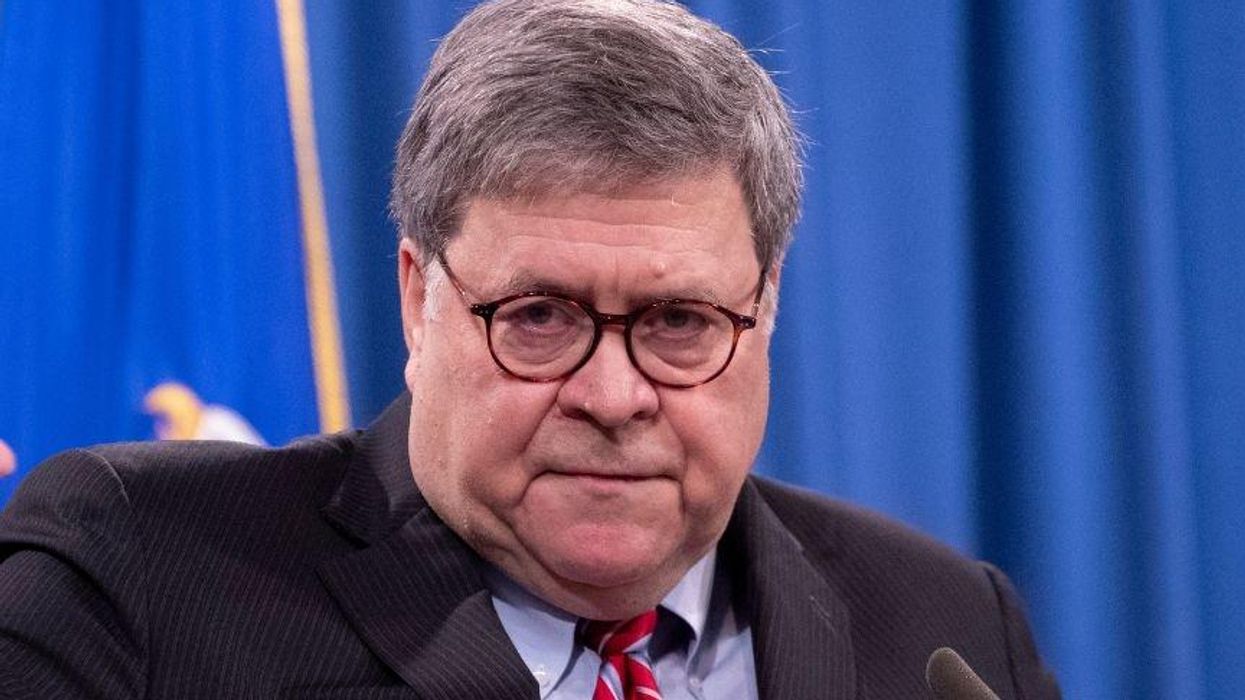

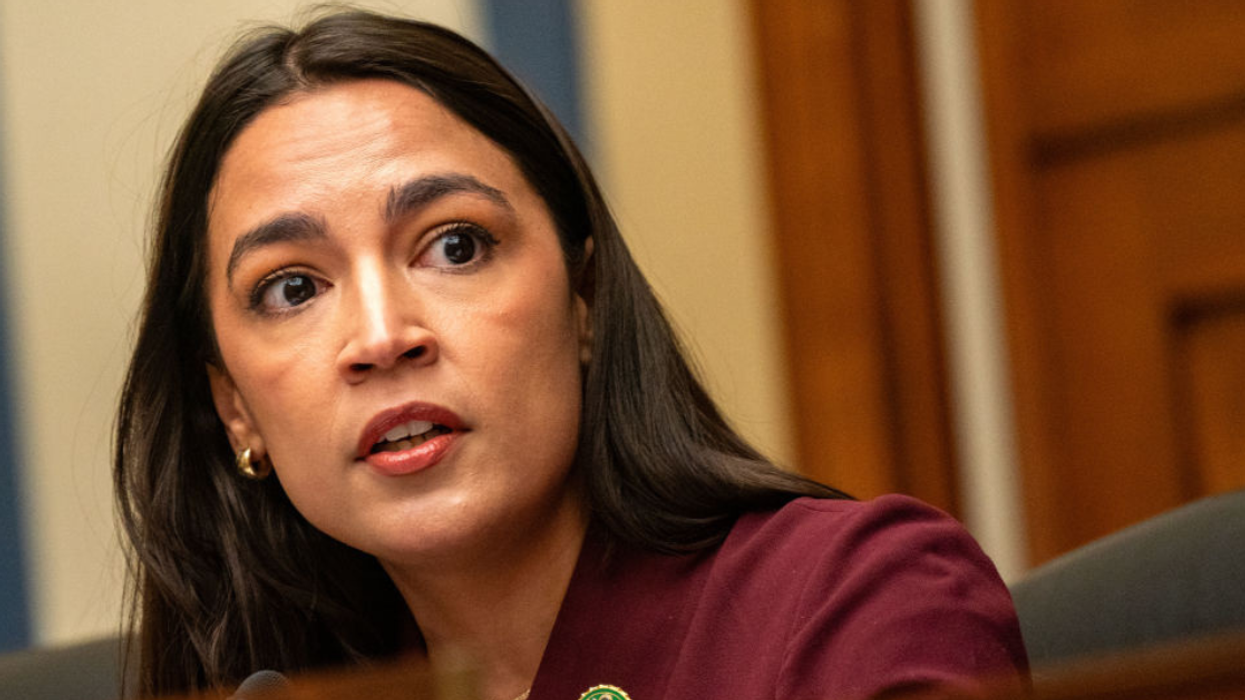
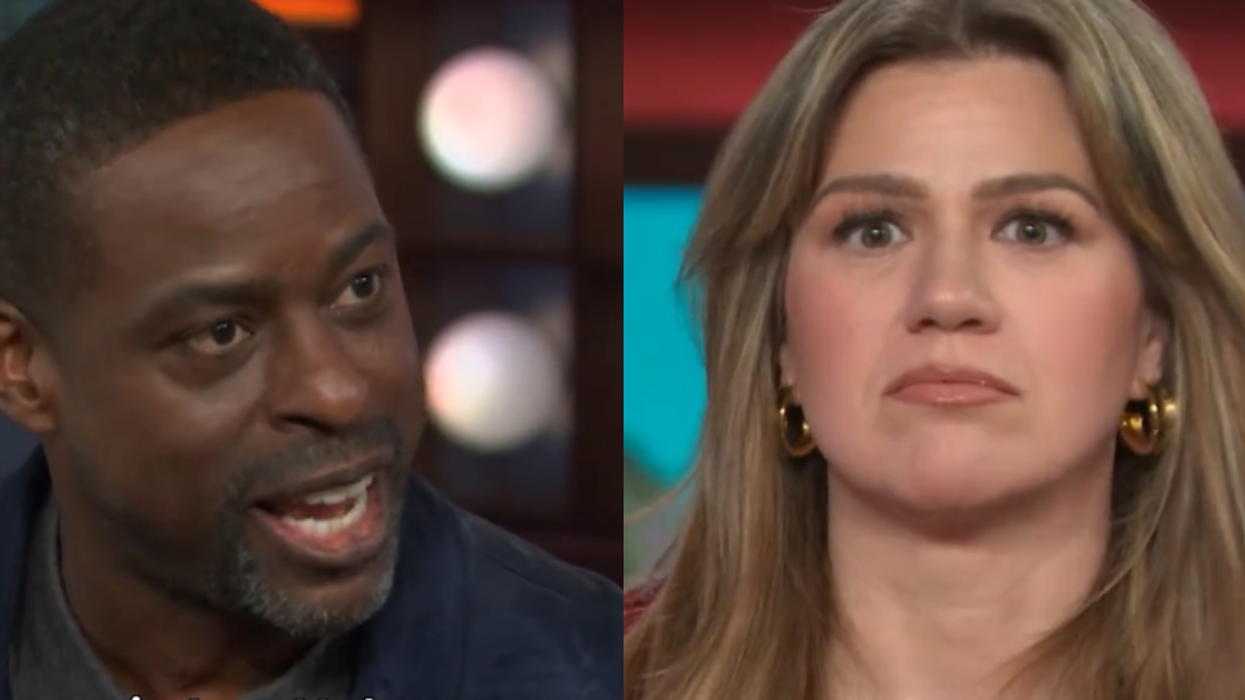




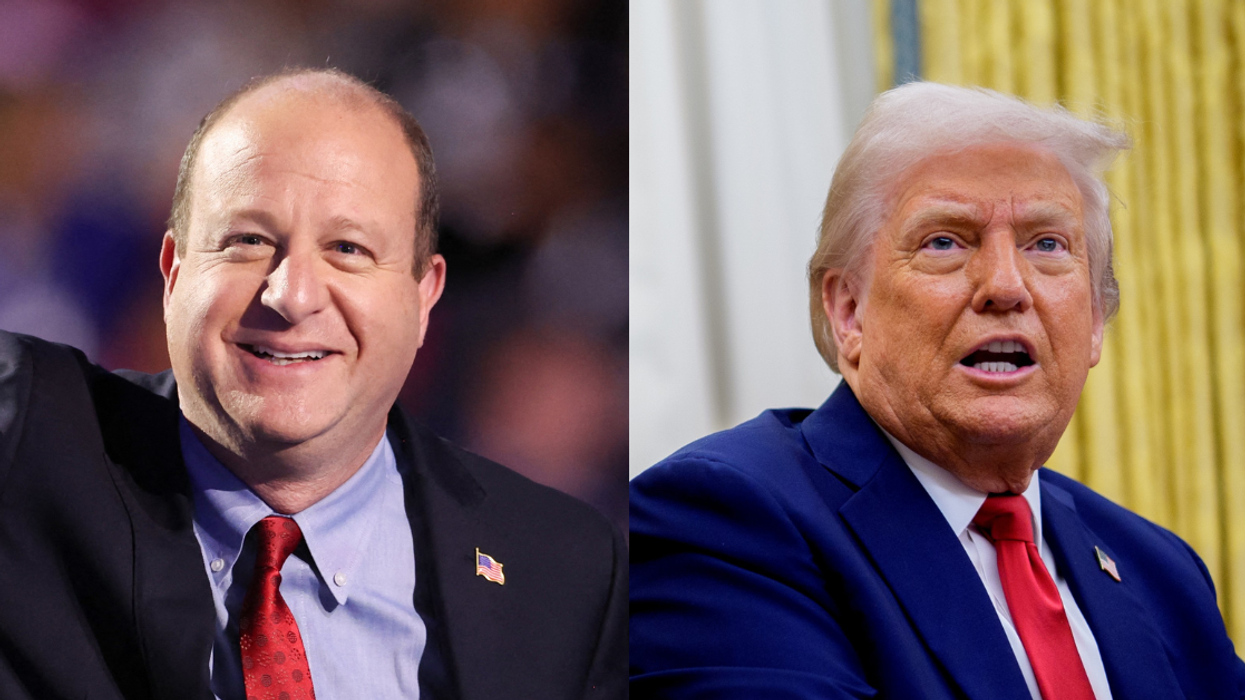


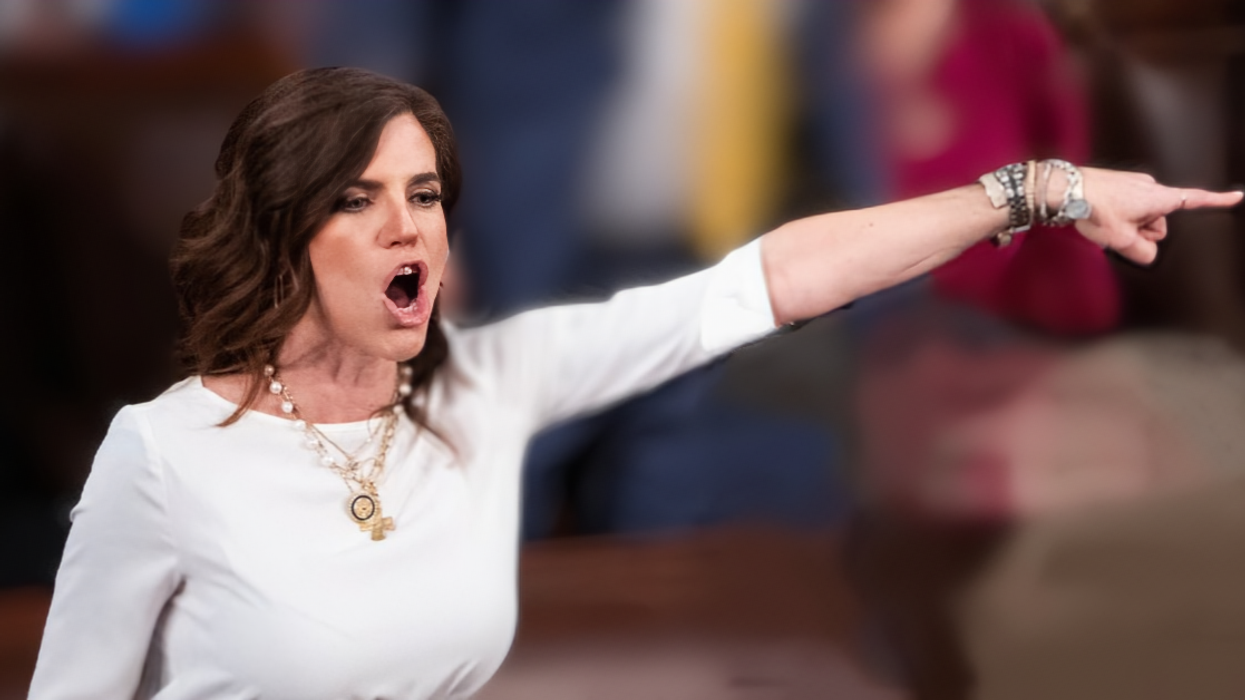
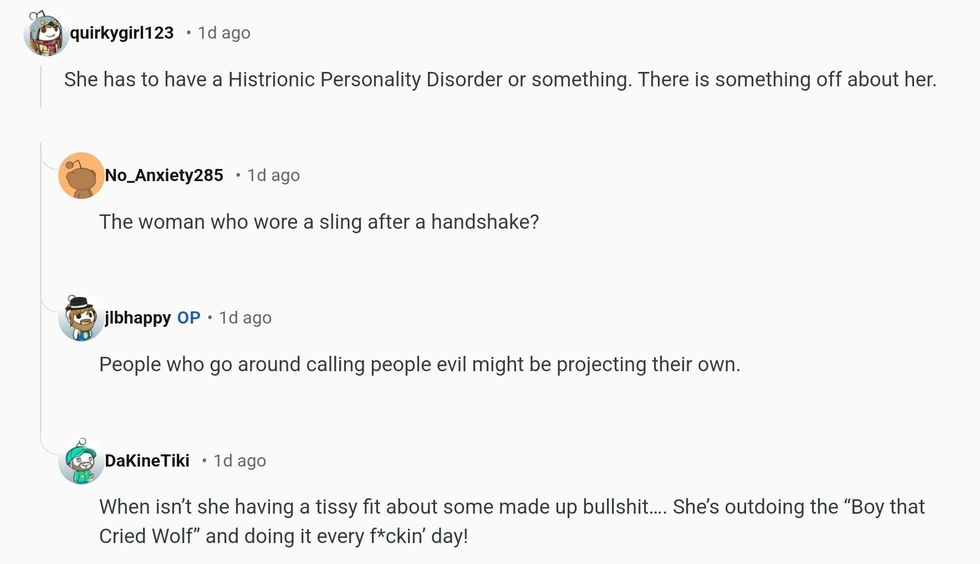 rPolitics/Reddit
rPolitics/Reddit @leftynavyseal/Bluesky
@leftynavyseal/Bluesky rPolitics/Reddit
rPolitics/Reddit @skippyoz/Bluesky
@skippyoz/Bluesky rPolitics/Reddit
rPolitics/Reddit rPolitics/Reddit
rPolitics/Reddit rPolitics/Reddit
rPolitics/Reddit
 jordi baste robot GIF by No pot ser! TV3
jordi baste robot GIF by No pot ser! TV3 sing schitts creek GIF by CBC
sing schitts creek GIF by CBC Well Done Ok GIF by funk
Well Done Ok GIF by funk Two Face Ernst GIF by ZWEIMANN
Two Face Ernst GIF by ZWEIMANN
